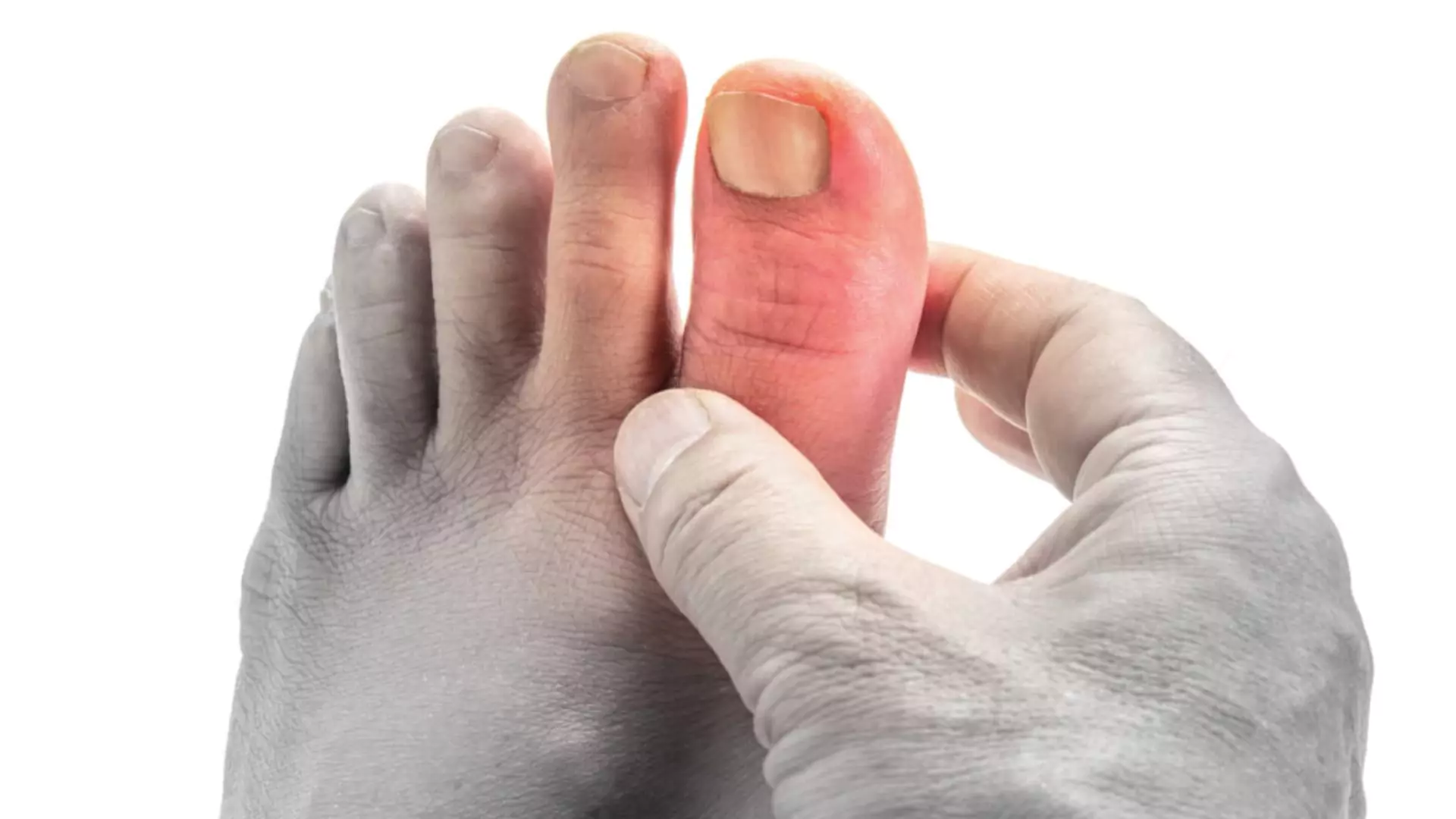Gout is a painful form of arthritis that primarily affects the joints, leading to severe pain and swelling, particularly in the big toes, ankles, knees, and fingers. Traditionally attributed to poor lifestyle choices and dietary habits, a recent study led by Professor Tony Merriman from the University of Otago has shifted this perspective, highlighting the significant role genetics plays in the development of gout.
The Study: A Genetic Perspective
The groundbreaking research analyzed genetic data from 2.6 million individuals, including 120,295 diagnosed with gout. This extensive study has uncovered the genetic underpinnings of the condition, revealing that inherited factors are more critical in the formation of gout than previously acknowledged. The researchers identified a total of 377 genetic regions associated with gout, of which 149 had never been linked to the condition before.
Challenging Stigmas Surrounding Gout
Professor Tony Merriman, the senior author of the study, expressed optimism regarding its potential to reshape the understanding of gout. In a media release, he emphasized, “This study busted the myth that gout has anything to do with poor lifestyle choices or poor diet—it is a condition with genetic influence.”
This revelation is particularly significant as there has long been a stigma associated with gout. Many individuals feel embarrassed and believe their condition is a result of poor dietary habits, leading to shame and reluctance in seeking appropriate medical treatment. Such attitudes can exacerbate the condition, making this study a crucial turning point in addressing both the medical and social aspects of gout.
The Role of Diet Versus Genetics
While the study underscores the genetic factors contributing to gout, it does not entirely dismiss the impact of diet. Poor dietary choices, particularly the consumption of red meat and other high-purine foods, can trigger gout attacks. However, the research suggests that the etiology of gout is more intricate than merely diet-related. Gout formation is characterized by high levels of urate, the development of urate crystals in the joints, and the immune system’s response to these crystals, with genetics playing a more substantial role in this complex process.

















